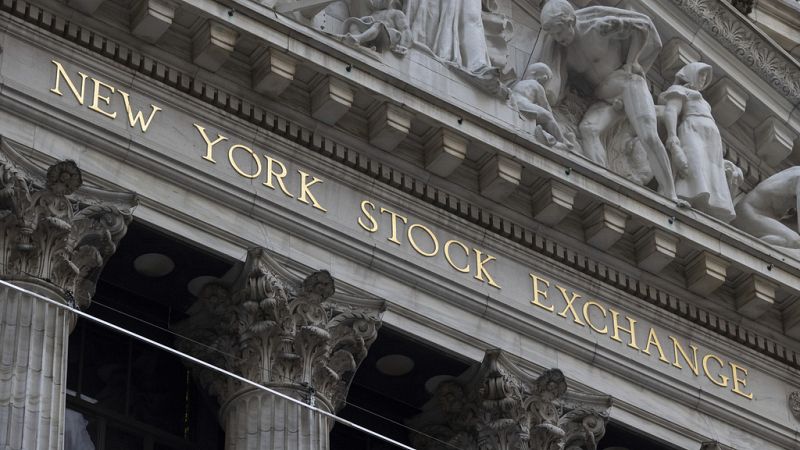Klarna IPO is back: Fintech firm revives its initiative to go public

Klarna has revived its plans to go public by selling its ordinary shares at the New York Stock Exchange.
The fintech company paused its efforts to carry out the initial public offering (IPO) in April due to unpredictable market sentiment following US President Donald Trump’s trade tariffs.
The digital bank, which is hoping to raise up to $1.27 billion (€1.09bn), is offering just over 34.3 million ordinary shares priced at between $35 and $37 each.
Klarna has been approved to list its ordinary shares on the New York Stock Exchange under the symbol “KLAR", the company said in a statement on Tuesday.
The IPO is said to be assisted by Goldman Sachs, JP Morgan, Morgan Stanley, Deutsche Bank Securities, BNP Paribas and Rothschild & Co among others.
What to know about Klarna
The 20-year-old Swedish company, known for its short-term “buy now, pay later” consumer loans, has emerged as a European version of PayPal.
But after years of building its consumer base, it is now transitioning to become a global digital bank.
Klarna recently reported its financial results for the second quarter of 2025, with its revenue reaching $823 million (€706.6m) between April and June, up by 20% compared to the previous year.
The company also grew its number of active consumers to 111 million.
Meanwhile, its adjusted operating income totalled $29 million (€24.8m), up more than $26 million (€22.3m) from the previous quarter.
Expansion of Klarna's digital bank services
In cooperation with Visa, Klarna launched a debit-first card in ten European countries on Tuesday, following its US launch in July. It offers functions including combining upfront payments with flexible pay-later options.
The move reflects the company's shift from a short-term credit business to a global digital bank.
Klarna is currently rolling the card out to customers in Austria, Belgium, Finland, France, Ireland, Italy, the Netherlands, Portugal, Spain and Sweden.
The next markets to receive this service will include Denmark, Germany, Norway and Poland, the company said.
Today

